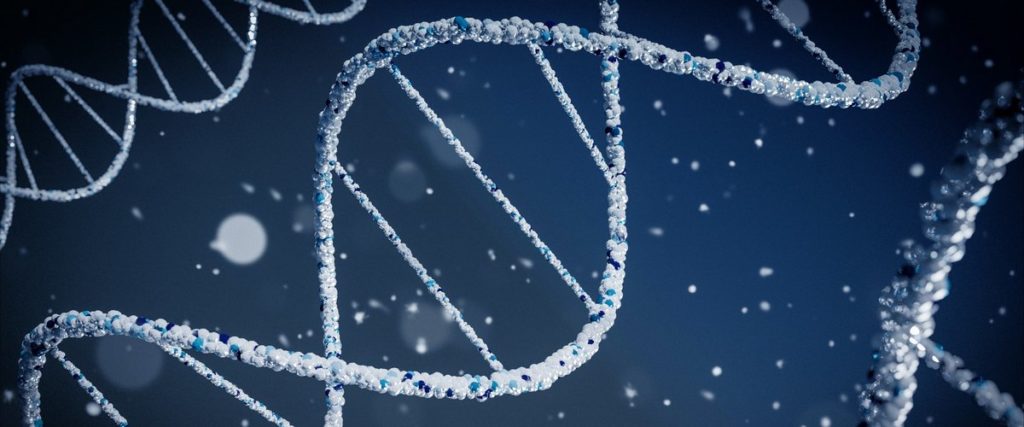Original article (in Serbian) was published on 20/12/2021
At the beginning of the month, Informer published a story entitled “Serbs have a special gene” in its print edition, referring to the guest appearance of the scientific advisor of the “Vinca” Institute, Dr. Nevena Veljkovic, in the morning program of Prva TV. During her visit, Dr. Veljkovic presented research entitled “The first insight into the genetic structure of the population of modern Serbia”, which, among other things, states that the PSPH gene variant is “identified as common in the Serbian population sample”.

However, this statement from the research of the “Vinca” Institute was enough for Informer to declare that there is a “Serbian gene”. Thus, in its interpretation of Dr. Veljkovic’s visit, Informer stated in the introductory sentence of the text that “Serbs have a special gene that no other nation in the world has”.
What did Dr. Veljkovic say during her visit to Prva?
At the very beginning of the visit, Dr. Veljkovic drew attention to the fact that “we all have the same genes”, that “their variants differ in different groups”, and that the PSPH gene is more present in our citizens than in others. She added that in this field of science, “knowledge is increasing, research is ongoing”, and “databases are being filled, so that can change as well”, but that the current insights are like this.
Also, Dr. Veljkovic mentioned that some of the comments on their research were that “genes know no borders”, which she characterized as “true”, and added that the research of the “Vinca” Institute referred exclusively to our country.
In order to confirm that Informer’s claim about the Serbian gene has nothing to do with the conclusions of the “Vinca” Institute’s research, nor with the truth, we contacted the scientific advisor of the “Vinca” Institute, Dr. Nevena Veljkovic. Unfortunately, she decided not to “enter into a controversy with the media, and therefore not to answer further questions”. We did not receive an answer from her colleague Dr. Sonja Pavlovic, who is also a scientific advisor at the “Vinca” Institute and one of the authors of the mentioned research.
What is the PSPH gene variant, and does anyone else besides Serbs have it?
The PSPH gene variant has often been mentioned in recent scientific studies as a possible prognostic biomarker of various types of cancer. Prognostic biomarkers are used to identify the likelihood of certain clinical events, that is, the progression or withdrawal of a disease. These biomarkers represent a breakthrough in medicine towards generating individual therapies for patients mainly with cancer (1).
A variant of the gene discussed in our media has already been identified in various studies as a prognostic biomarker for some forms of cancer of the colon (2), liver, uterus and thyroid gland (3). Also, research that looked at the correlation between the outcome of breast cancer and the patient’s race found that African-American women are more susceptible to death from this cancer. This finding is associated with an increased expression of the PSPH gene variant in African-American women.
The mentioned research, in which Serbs are not even mentioned, leads to the conclusion that the PSPH variant of the gene is not something that “no other nation in the world has”. In addition, a 2013 Chinese study published in the journal Biotechnology and biotech equipment studied the PSPH variant of the gene in sheep.
Genetics and misinformation
Three years ago, FN Tragac dealt with misinformation that sought to present Serbian genes as extremely specific in relation to the genes of other nations. Then, the story of special Serbian genes presented Serbs as the oldest people in Europe. However, as the interlocutors of FN Tragac concluded, genetics is much older than people. So, when we talk about genetics and genes, we should not interfere with nations, which are cultural and historical constructs that arose independently of the biological characteristics of man.

